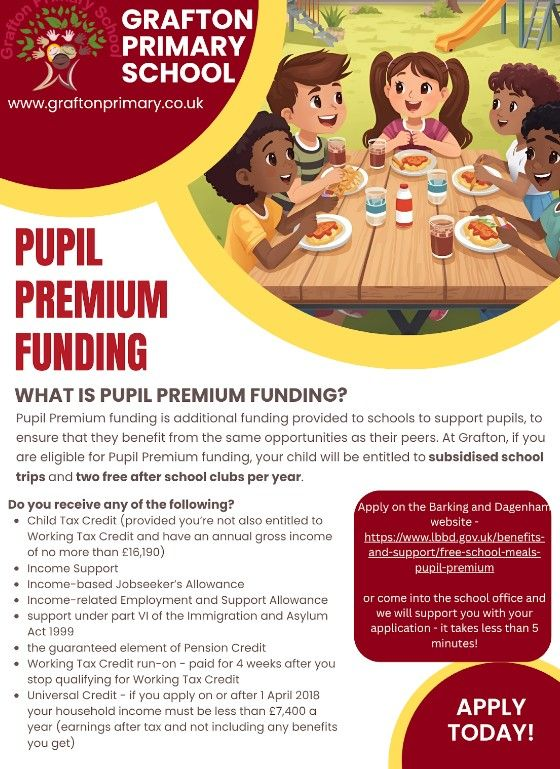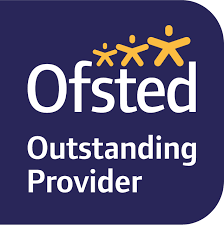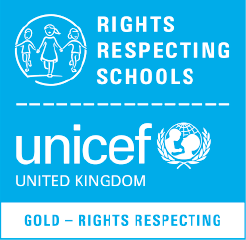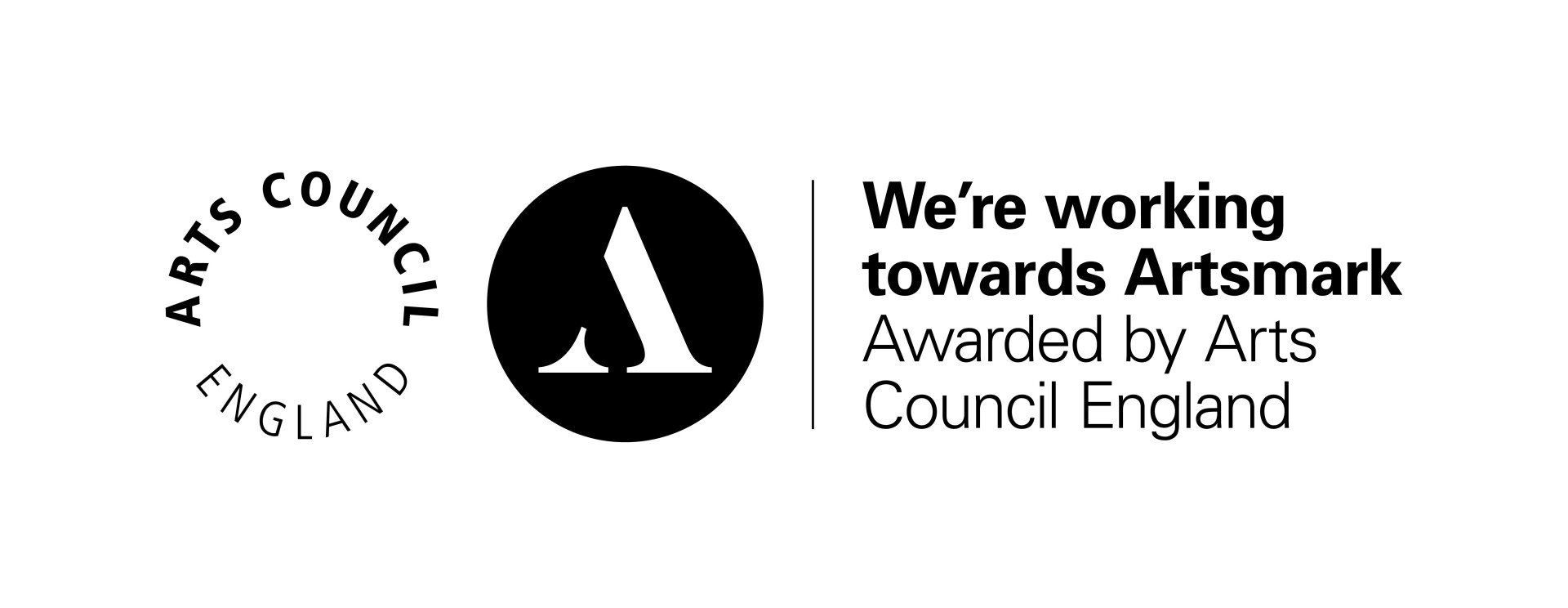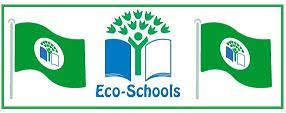Pupil Premium
Pupil Premium
Article 2 (non-discrimination)
The Convention applies to every child without discrimination, whatever their ethnicity, gender, religion, language, abilities or any other status, whatever they think or say, whatever their family background.
Grafton Primary School Pupil Premium Statement 2024/25
